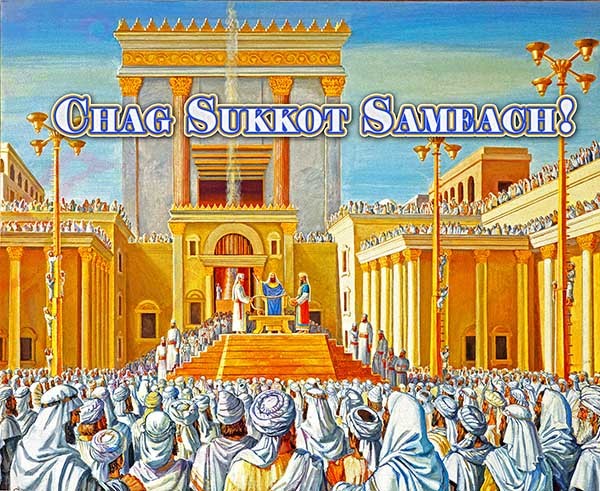(Leviticus19:2)
Iyar 4, 5778/April 19, 2018
This year, once again, the double Torah readings of Acharei Mot and Kedoshim, which will be read this Shabbat, coincide with this week's observance of Yom HaZikaron and Yom HaAtzma'ut, Israel's Memorial Day and Independence Day, respectively. This "coincidence" is always particularly poignant, as the name of the first of the two Torah readings, Acharei Mot, literally means, "After the death of" . (The verse in full reads, "And HaShem spoke to Moshe after the death of Aharon's two sons, when they drew near before HaShem, and they died."Leviticus 16:1) The name of the second of the two Torah readings, Kedoshim, means holy ones. When read together, Acharei Mot-Kedoshim literally means, "after the death of the holy ones," and when read in proximity of Israel Memorial Day, as it is this year, our thoughts go naturally to the 23,646 soldiers who have fallen in Israel's wars of independence and freedom, as well as the thousands of victims of terror in our land. The fallen are indeed holy, for they gave of themselves so that we, the living, may live free in our land, the land G-d promised our forefathers, the land of Israel. G-d promises, and our holy ones fall in battle to make that promise a reality. This is not spoken ironically. It is an expression of the eternal covenant between G-d and His people Israel. We work together to make promises happen, to make dreams come true.
 Falling in love with someone is a bad reason to get
married, but upon what should a marriage be based? The story of Isaac and
Rebekah holds the secret.
Falling in love with someone is a bad reason to get
married, but upon what should a marriage be based? The story of Isaac and
Rebekah holds the secret.


